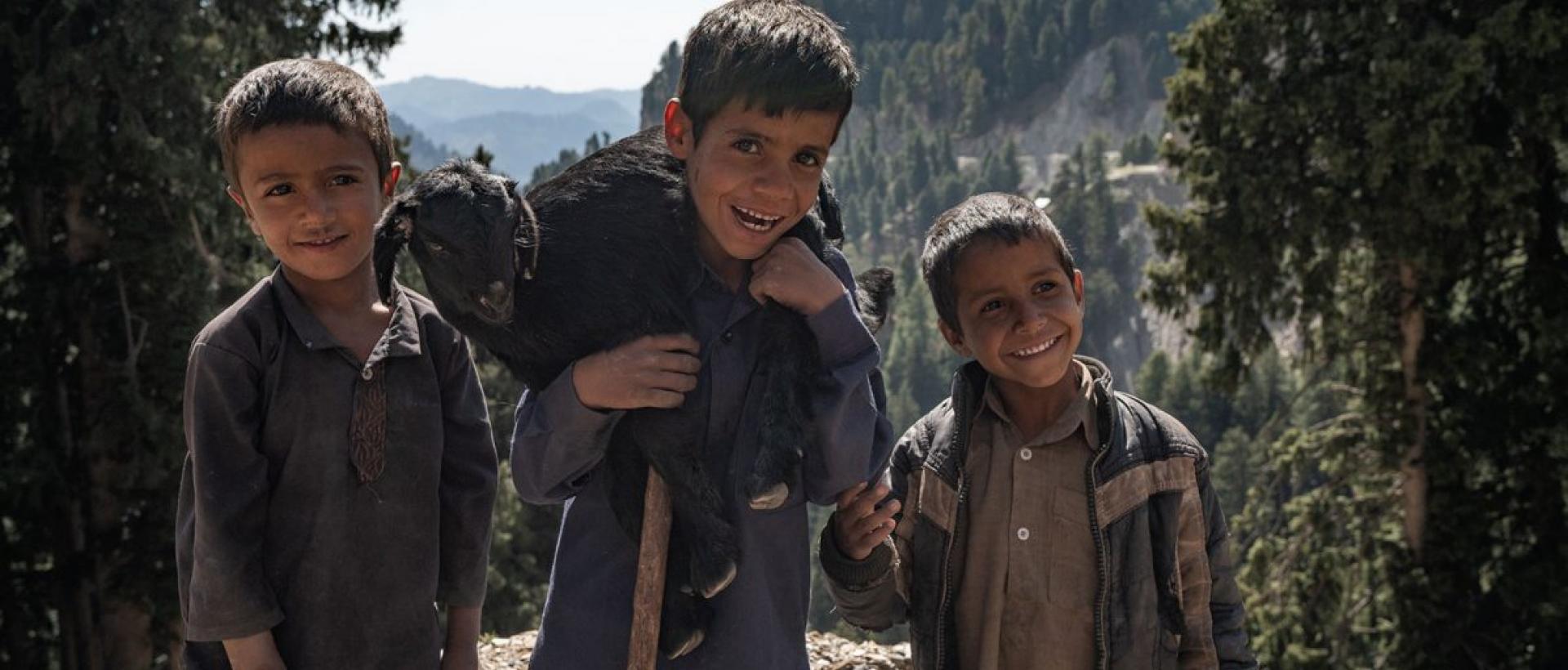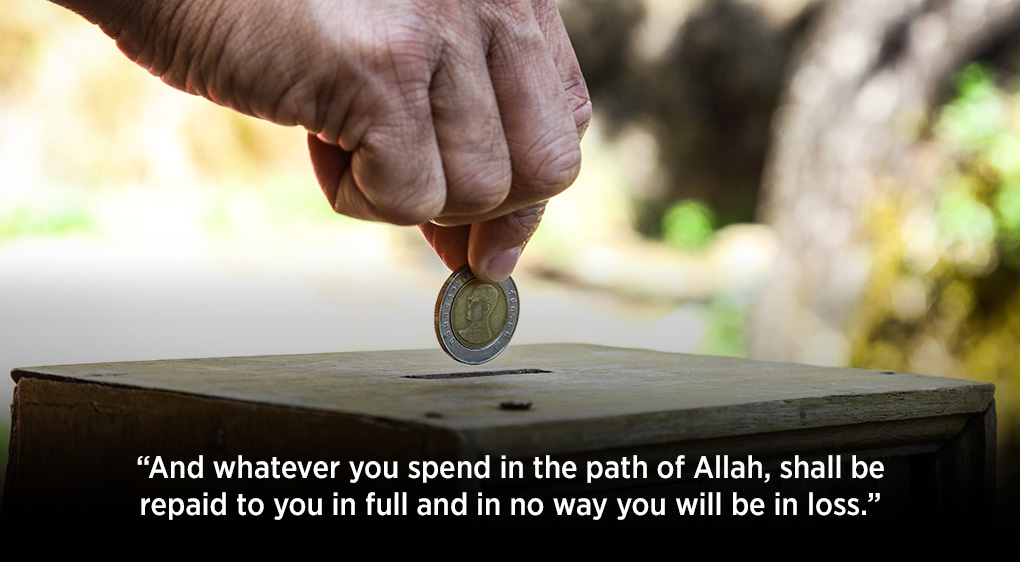
Posted: May 17 2023
EVERYTHING YOU NEED
TO KNOW ABOUT
QURBANI
Qurbani: the Islamic Ritual of Sacrifice Explained
It is the practice of sacrificing an animal during the last month of the Islamic calendar, Dhul Hijjah. The sacrifice is carried out between the 10th and the 12th of the month and is traditionally conducted after the morning prayers on Eid al-Adha. There are many Qurbani rules and regulations, in addition to Qurbani FAQs, as listed below.
The Purpose and Significance of Performing Qurbani
We sacrifice animals in memory of the Prophet Ibrahim (AS) when he was commanded by God to sacrifice his own son, Ismail (AS). Ismail (AS) was very dear to Ibrahim (AS); he was born after much difficulty, so when Ibrahim (AS) took Ismail to Mount Arafat for the sacrifice, it showed his and Ismail’s (AS) devotion to God.
Who is Ibrahim (AS)?
The Qurbani story revolves around Ibrahim (AS), also known as Abraham, who was the first to speak up against idolaters and bring them on the path of oneness to God. He is the father of the Prophets who built the Ka’aba with his son Ismail, and his stories have laid the traditions and rituals of Hajj.
What is Hajj?
One of the most important facts about Hajj is that it’s one of the Five Pillars of Islam. It is obligatory for every Muslim to perform Hajj at least once in their lifetime if they can afford it. The Holy Pilgrimage takes place in Mecca, Saudi Arabia, every year, and its practices retrace many of the steps taken by the Prophet Ibrahim (AS).
According to the Islamic Calendar, Hajj begins on the eighth day of the holy month, Dhul Hijjah, and is completed after five days.
What are the stages of Hajj?
On the 8th of Dhul Hijjah, day one of Hajj, devotees arrive in Mecca and change into their Ihram. A sacred state to resemble oneness amongst all people, it is usually symbolised by wearing two sheets of white cloth for a man and for a woman is a modest dress covering her completely except for her face and hands.
Pilgrims circle the Ka’aba seven times anti-clockwise before passing between the two hills of Safa and Marwah, then making the journey between Mecca and Mina.
On the 9th of Dhul Hijjah, day two of Hajj, pilgrims travel from Mina to Arafat, where they stand from noon until sunset. They then travel from Arafat to Muzdalifa, collecting stones on their way to throw at the three pillars in the valley of Mina.
On the 10th of Dhul Hijjah, day three of Hajj, pilgrims carry out the stoning of the largest pillar as they travel back to Mina. On this day, Eid al-Adha is celebrated. Pilgrims then return to Mecca to circle the Ka’aba again before walking between the hills of Safa and Marwah. They then make their way back to Mina, where they stay for two or three nights.
On the 11th-12th of Dhul Hijjah, days four to six of Hajj, pilgrims repeat the stoning of the three pillars at Mina before returning to Mecca for the last circling of the Ka’aba.
What is the difference between Hajj and Umrah?
Some of the rituals, such as Qurbani, are not done during Umrah. Umrah can also be done any time of the year, whereas Hajj is performed at a specific time of the year, during Dhul Hijjah.
What is Eid-al-Adha, and when is it celebrated?
So, when is Qurbani Eid? Eid-al-Adha is celebrated on the 10th day of Dhul Hijjah. On this day, Muslims sacrifice an animal in remembrance of the prophetic sacrifice carried out by the Prophet Ibrahim (AS).
When is Qurbani Compulsory?
Qurbani is compulsory for all Muslims who are past the age of puberty, of sound mind and have a disposable income available.
To whom should your Qurbani be given?
Your Qurbani is divided into three parts. One is kept for yourself, one is given to family, and the last is given to the poor and needy.
What is the importance of Qurbani?
Despite the fact that it is an obligatory act to remind us of Ibrahim’s (AS) sacrifice, it is a way to remember that there is more to this world than the material things we possess and a way for us to remember the poor and helpless, and to help us build a stronger community.
Are the Animals Taken Care of?
Orphans in Need only choose the best animals for Qurbani and take care of them all. The animals are sourced locally so that the community is supported, as well as the beneficiaries.

How does your Qurbani help an orphan?
Sharing Qurbani is a major part of the Eid-al-Adha festivities; giving an orphaned family a share of your Qurbani will make them feel as though they are equal, as they should. It will bring their families happiness at such a special time and will let them forget their sorrows for the day at least.







